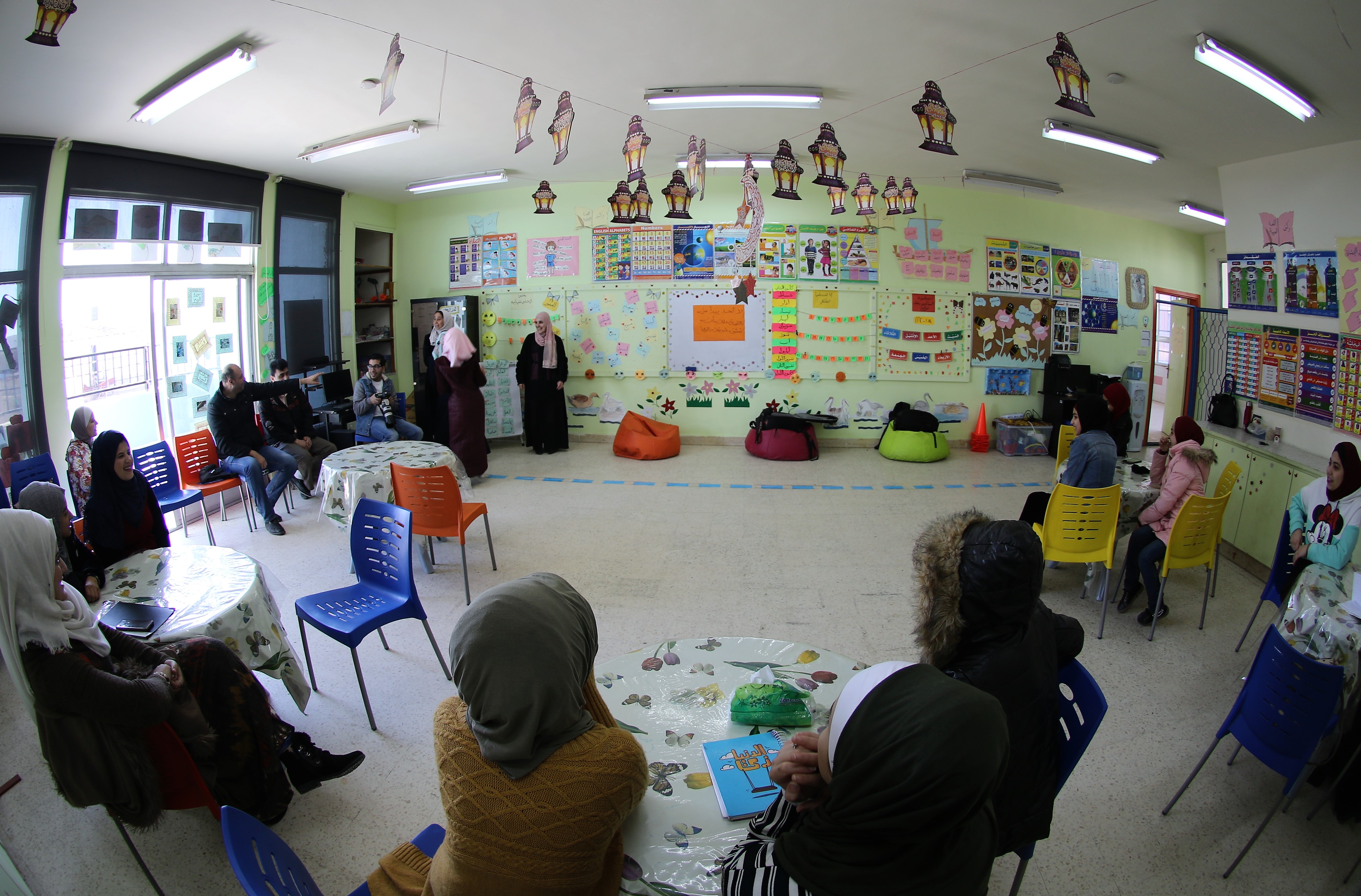Under normal circumstances, you can throw away a bag of chips, flush the toilet without a second thought, or head to the store knowing that you will probably find what you need.
But in times of crisis, things that were once certain are called into question. In Mafraq, a city in northern Jordan, designated dumps can no longer hold the amount of trash being generated. The sewage system is dangerously strained, pumping thousands of tons of waste beyond its capacity. Items that once filled the shelves are suddenly scarce.
In addition, families are struggling to meet basic needs because prices are no longer predictable. Monthly rent has nearly doubled and a blanket that once cost $10 may now cost $25. In addition, essentials like basic medicines aren’t readily available, so people must wait for new shipments to arrive.
When we think about the crisis of war, we think first of the loss of life and the destruction. But the impact of war extends deeper and farther than we expect – it reaches into our economy, our health, our schools, and our psychology. The crisis can be total.
As the entire region faces this unprecedented crisis, Questscope continues to respond, serve, and create innovate ways to harness the tremendous capacity of our Syrian and Jordanian communities. Moving forward, we know we cannot change the course of the crisis, but we can change the experience of that crisis for thousands of the most vulnerable families by providing critical services from winter clothes and blankets, to alternative educational pathways for vulnerable youth.



